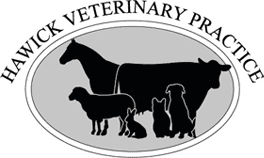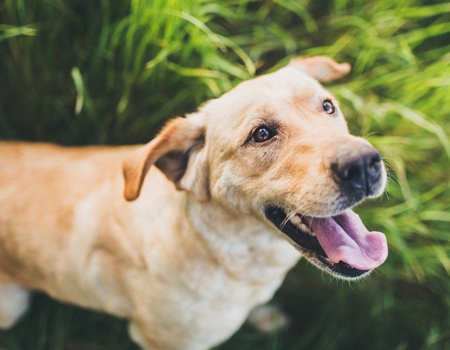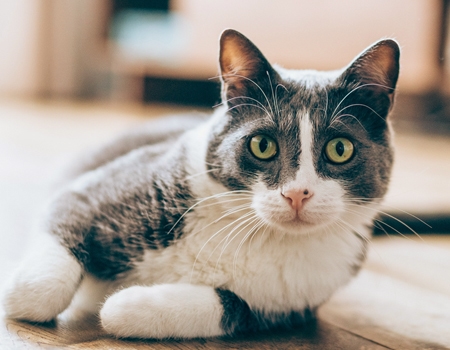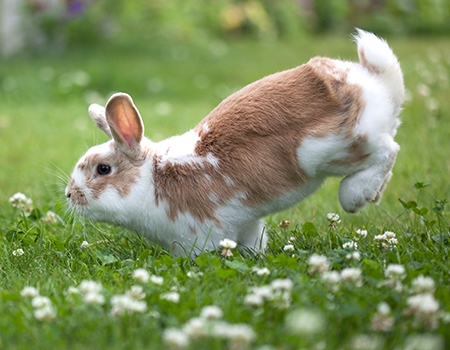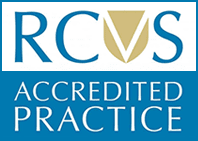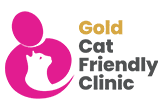We have a dedicated area within the practice to enable us to perform dental treatments on our patients. Whilst your pet in under anaesthetic, we can fully evaluate their teeth and carry out procedures. Descaling and polishing your pets' teeth can prevent the progression of dental disease by removing tartar on the tooth and under the gumline. We are also able to remove teeth if they are damaged or diseased. We also offer dental radiography. This allows us to see if any of the roots of teeth are damaged or rotten.
We have a special dental table and all the equipment required to scale, polish and extract your pets teeth. Just like people, pets require regular dental check-ups and our nurses are happy to check your dog’s teeth or advise on brushing and prophylaxis at one of our free clinics. Unlike people, we cannot expect our patients to sit back and say ah so if your pet requires attention to its teeth it will require an anaesthetic. Our vets are happy to discuss this with you.
Here at Hawick Vets, we understand that your pet’s dental hygiene is just as important as any other routine and preventative treatment. Like humans, pets can develop a build-up of tartar, leading to tooth decay and gum disease. Brushing your pet’s teeth once or twice a day is the best option for good oral hygiene.
Signs of dental disease in pets:
- Bad breath (halitosis)
- Visible tartar build-up on teeth
- Red or inflamed gums (gingivitis)
- Discoloured teeth
- Drooling
- Loose teeth
- Bleeding from the mouth
- Slowness or reluctance to eat
- Chewing on one side of the mouth
- Dropping food from the mouth when eating
- Swelling around the mouth (from potential tooth root abscesses)
We are happy to answer any questions you may have, as well as advising you on the recommended products or dental diets for your pet. Contact your nearest Vets in Hawick for a consultation.
